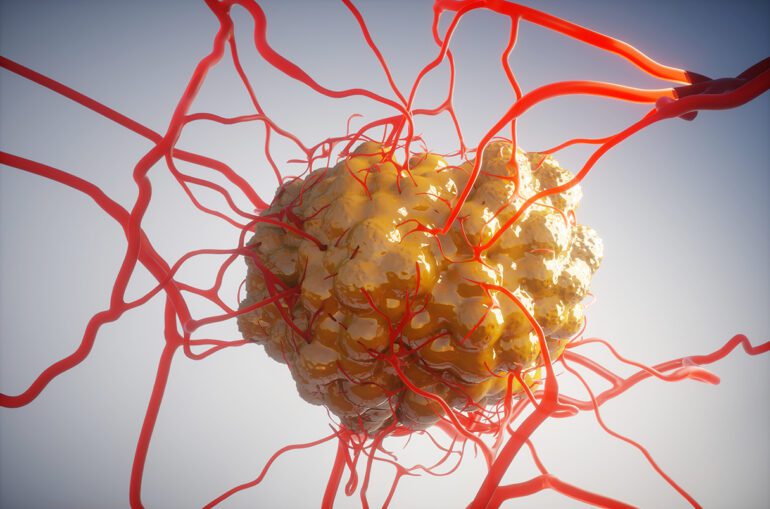TL;DR:
- Cancer Moonshot initiative aims to reduce cancer-related death rates by 50% by 2047.
- AI is a pivotal tool for achieving this goal by enhancing cancer treatment.
- AI aligns with Moonshot priorities: delivering innovations to patients and patient-centered care.
- Historical cancer care progress had disparities; AI offers improved accuracy and accessibility.
- AI-enabled tests provide precise prognosis and treatment benefits assessment.
- AI’s success relies on diverse patient data representation.
- AI empowers patients, improving treatment plan confidence and adherence.
Main AI News:
In the quest to achieve the ambitious goals set by the Cancer Moonshot initiative, which aims to reduce cancer-related death rates by 50% by 2047, collaboration across sectors is paramount. This grand mission calls for the brightest minds and the most compassionate hearts in healthcare, science, and technology to come together. In this endeavor, artificial intelligence (AI) emerges as a transformative force that has the potential to revolutionize cancer treatment and make it more equitable.
AI’s potential to enhance the Cancer Moonshot initiative can be seen in its alignment with two key priority areas: delivering cutting-edge cancer innovations to patients and putting cancer patients at the center of decision-making. Throughout the history of cancer care, progress has been marked by innovations that have continuously refined treatment options. Take, for example, the evolution of prostate cancer treatments, from surgery to hormone therapy and the development of advanced characterization methods like Gleason scoring. Genetic testing has further personalized care in recent years.
Yet, progress in cancer care has not been without its challenges, including disparities in access to advanced diagnosis and treatment options, particularly among minority populations. Here, AI offers distinct advantages over previous technologies. AI’s ability to continuously improve through massive datasets makes it more accurate and enables it to account for demographic variations such as age and race. Moreover, its cost-effectiveness, instant processing, and accessibility through cloud computing make it a scalable solution for optimizing cancer treatment plans on a global scale, reaching a much broader population.
A Promising Breakthrough: AI-Enabled Prognostic Tests
One of the most promising developments in AI-driven cancer care is the emergence of AI-enabled tests. These tests leverage deep-learning algorithms to analyze digital images from patient biopsies and integrate them with clinical data. This data-driven approach allows clinicians to craft personalized treatment plans, sometimes even sparing patients from unnecessary treatments when the risks outweigh the benefits.
The key objective of the Moonshot initiative is to bring innovation to all patients, ensuring that advancements in cancer care benefit everyone, not just a select few. AI’s effectiveness hinges on the diversity and abundance of the data it is trained on. When AI learns from datasets that represent diverse patient populations, it can offer valuable insights for historically underserved groups.
Beyond addressing health disparities, AI plays a pivotal role in enhancing communication between patients and clinicians. By providing patients with comprehensive information about their condition and treatment options, AI empowers them to actively participate in decision-making regarding their care. This newfound confidence in the treatment plan is fundamental to effective cancer care.
Placing Patients at the Center
Patients bear the consequences, both physical and mental, of treatment decisions. Studies emphasize the importance of creating patient-centered treatment plans that consider various aspects of an individual’s life. AI-enabled tests facilitate collaborative discussions between patients and clinicians, allowing them to jointly assess the suitability of selected therapies, taking into account potential lifestyle impacts.
Conversely, a lack of understanding about treatment options can leave patients feeling overwhelmed and less committed to their care, ultimately diminishing treatment adherence and potentially impacting survival rates.
Conclusion:
AI’s potential to provide precise and comprehensive insights into disease progression and therapeutic benefits on an unprecedented scale positions it as a significant driver of progress in achieving the objectives set by the Cancer Moonshot initiative. While these objectives may appear audacious, each passing day brings tangible advancements, underscoring the transformative role that AI is playing in the realm of cancer care. As we continue to explore and harness the power of AI, the future of equitable cancer treatment looks increasingly promising.

